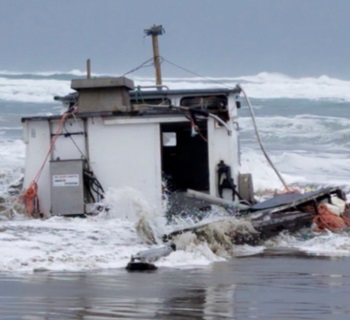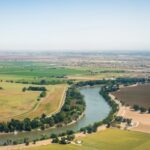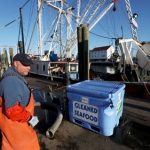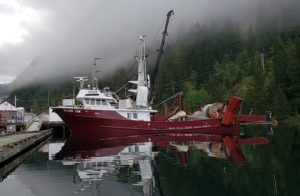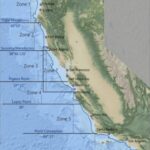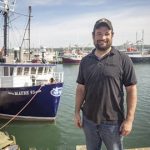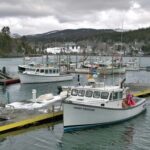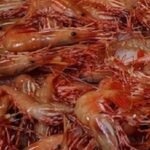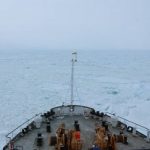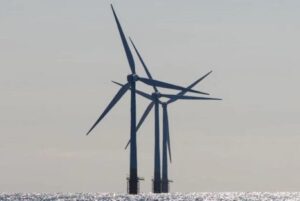Daily Archives: June 16, 2024
Frank Lasee: Wind Turbines and Lobsters Mean Less Lobsters and Not Enough Electricity
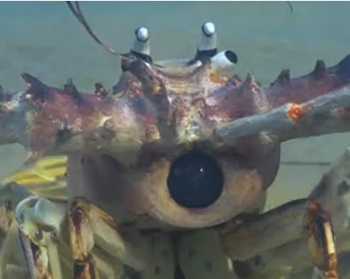 National Lobster Day is a good time to think about what the expensive, subsidized offshore wind development is going to do to lobsters and the $400 million lobster industry. Offshore wind will disrupt fishing for them and harm their habitat. This is not good for the Maine lobsters, and it is not good for electric affordability either. The 30 gigawatts (GW) of offshore wind ordered by President Joe Biden–not Congress–is catering to the far left of the Democrat Party’s base. Over 2,000 wind turbines and foundations, 6,800 miles of cable and hundreds of specialist vessels are needed to deploy 30 GW, according to the Department of Energy. The offshore wind industry spent $2.7 billion in supply chain, transmission, ports and boats in the first year of operation. Their costs have only begun. Electricity rates are going up wherever they add offshore wind electricity generation. more, >>CLICK TO READ<< 10:30
National Lobster Day is a good time to think about what the expensive, subsidized offshore wind development is going to do to lobsters and the $400 million lobster industry. Offshore wind will disrupt fishing for them and harm their habitat. This is not good for the Maine lobsters, and it is not good for electric affordability either. The 30 gigawatts (GW) of offshore wind ordered by President Joe Biden–not Congress–is catering to the far left of the Democrat Party’s base. Over 2,000 wind turbines and foundations, 6,800 miles of cable and hundreds of specialist vessels are needed to deploy 30 GW, according to the Department of Energy. The offshore wind industry spent $2.7 billion in supply chain, transmission, ports and boats in the first year of operation. Their costs have only begun. Electricity rates are going up wherever they add offshore wind electricity generation. more, >>CLICK TO READ<< 10:30
Remembering Ken Coleman, longtime commercial fisheries advocate
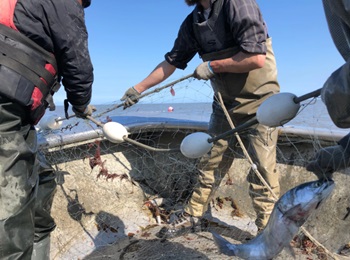 Ken Coleman, a longtime Kenai resident and commercial fisheries activist, died in his home May 7 at age 72. Anyone involved in Cook Inlet fisheries politics in the last 40 years probably either heard of or from Coleman. He was a staple presence at Cook Inlet Board of Fisheries meetings, always ready to put in a word for commercial set-netters, especially with the recent effort to create a permit buyback program. I’ve been at this now for 10 ten years on this reduction thing, the inception and where we are today. And I don’t know if I have another rodeo in me, if this doesn’t pass here,” Coleman said in an interview last year. Though recent years have been poor for setnetters, Coleman often talked about how he wanted the fishery to be available to his children and grandchildren. Coleman fished the beaches of Cook Inlet south of the mouth of the Kenai since the 1970s. more, >>CLICK TO READ<< 08:31
Ken Coleman, a longtime Kenai resident and commercial fisheries activist, died in his home May 7 at age 72. Anyone involved in Cook Inlet fisheries politics in the last 40 years probably either heard of or from Coleman. He was a staple presence at Cook Inlet Board of Fisheries meetings, always ready to put in a word for commercial set-netters, especially with the recent effort to create a permit buyback program. I’ve been at this now for 10 ten years on this reduction thing, the inception and where we are today. And I don’t know if I have another rodeo in me, if this doesn’t pass here,” Coleman said in an interview last year. Though recent years have been poor for setnetters, Coleman often talked about how he wanted the fishery to be available to his children and grandchildren. Coleman fished the beaches of Cook Inlet south of the mouth of the Kenai since the 1970s. more, >>CLICK TO READ<< 08:31
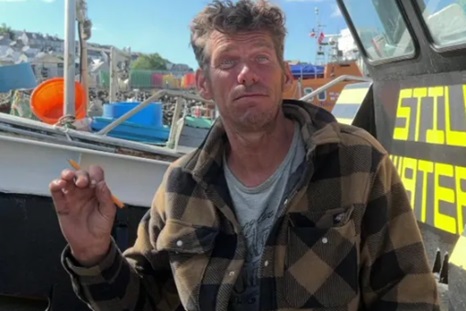
Why do fishermen feel disillusioned after Brexit?
“I don’t think it matters who I vote for, they’re all lying,” said fisherman Dave Toy. He said it was not what he voted for and as a result he did not see any point in voting in the general election. Fishermen said they had wanted Brexit to deliver an increase in fish stock, but instead had got more paperwork. They cited the introduction of a mandatory catch app to record catches before they are landed, new vehicle monitoring systems, inspections and the requirement of medical certificates, which was later removed for existing fishermen. The government said the measures had improved both safety and fish stock management. Fisherman Graham Nicholas said life post-Brexit had been difficult. Photos, more, >>CLICK TO READ<< 06:41






